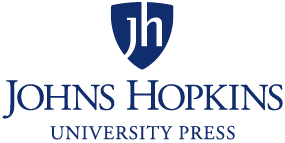Johns Hopkins Wavelengths
Tuning In to Cutting-edge Sciences
Johns Hopkins University—the first research institution in the United States, now home to the broadest representation across the range of STEM fields—counts Nobel laureates, MacArthur Foundation fellows, Sloan Research Fellows, and National Academy of Sciences members among its ranks of thousands of globally-recognized researchers. In hundreds of field stations, labs, research centers, and institutes, hunches evolve into ideas, which are honed into solutions to the world’s daunting challenges, and opportunities for thrilling discoveries. NSTA is pleased to connect the work and stories of these inspiring professors to teachers and their students nationwide.

Johns Hopkins Wavelengths: Tuning In to Cutting-edge Sciences lesson plans fuse the work of global experts to academic standards for students to fuel the curiosity and problem-solving skills of our next generation of scientists.
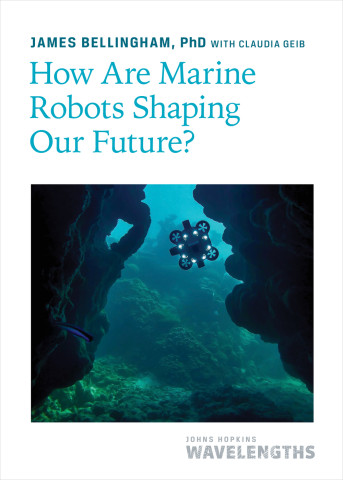
How Are Marine Robots Shaping Our Future?
What will robots discover as they gather life-supporting data and resources from the depths of Earth's oceans to the reaches of deep space?
Lesson Plan • Middle School
How does sonar work, and how can sonar create more complete and accurate maps of the seafloor?
James Bellingham, PhD, is the executive director of the Johns Hopkins Institute for Assured Autonomy and the Bloomberg Distinguished Professor of exploration robotics.

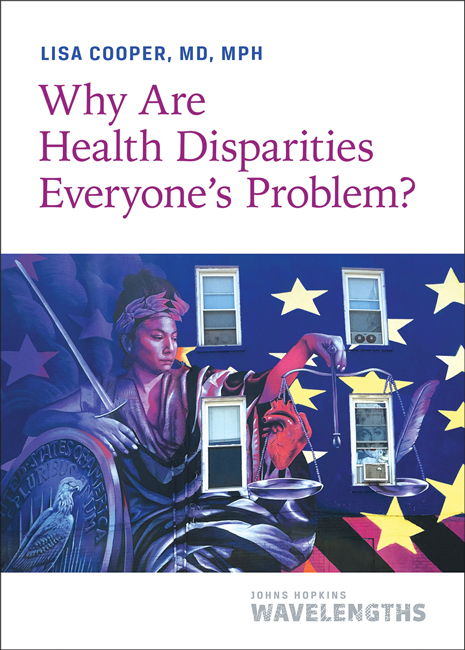
Why Are Health Disparities Everyone's Problem?
How can we all work together to eliminate the avoidable injustices that plague our health care system and society?
Lesson Plan • High School
How can we evaluate a solution for addressing disparities in hypertension control?
Co-authored by Lisa Cooper, MD, MPH. Dr. Cooper is a physician and public health researcher, a Bloomberg Distinguished Professor in Equity in Health and Healthcare within the Schools of Medicine, Nursing, and Public Health at Johns Hopkins University, and the founder and director of the Johns Hopkins Center for Health Equity.

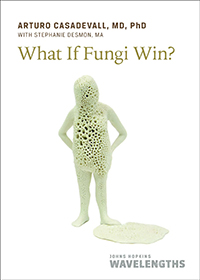
What If Fungi Win?
Dive into fascinating fungal phenomena, from their proliferation after the mass dinosaur extinction to how fungi are finding new ways to thrive in a hotter world. Explore how fungi are being used to design solutions to environmental problems such as degrading plastic.
Lesson Plan • High School
Why are Valley fever case numbers increasing over time?
Co-authored by Arturo Casadevall, MD, PhD. Dr. Casadevall is a Bloomberg Distinguished Professor and Alfred and Jill Summer Chair of the Department of Molecular Microbiology and Immunology at Johns Hopkins School of Public Health.

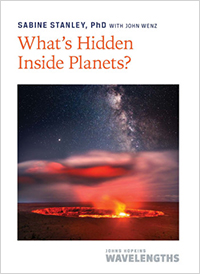
What's Hidden Inside Planets?
A guided journey through the inner workings of Earth, the cloaked mysteries of other planets in our solar system, and beyond.
Lesson Plan • Middle School
Why are most auroras observed near the North and South Poles?
Co-authored by Dr. Sabine Stanley, Bloomberg Distinguished Professor in the Department of Earth and Planetary Sciences and the Space Exploration Sector of the Applied Physics Lab (APL) at Johns Hopkins University; NASA participating scientist.
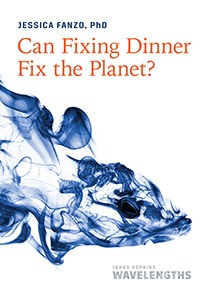
Can Fixing Dinner Fix the Planet?
How can consumers, nations, and international organizations work together to improve food systems before our planet loses its ability to sustain itself and its people?
Lesson Plan • Middle School
How does eating beef affect climate change?
Co-authored by Dr. Jessica Fanzo, Johns Hopkins University Professor of Global Food Policy and Ethics

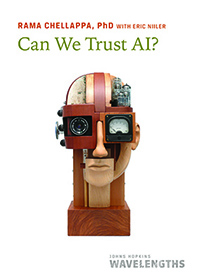
Can We Trust AI?
Artificial intelligence is part of our daily lives. How can we address its limitations and guide its use for the benefit of communities worldwide?
Lesson Plan • High School
Are Autonomous Cars a Solution to the Problem of Distracted Driving?
Co-authored by Dr. Rama Chellappa, Bloomberg Distinguished Professor of Electrical and Computer Engineering and Biomedical Engineering; Chief Scientist with the Johns Hopkins Institute for Assured Autonomy; Life Fellow, IEEE.
Additional Information
About the Sponsor Organization
In classrooms, field stations, and laboratories in Baltimore and around the world, Johns Hopkins University researcher-professors are opening the boundaries of our understanding about the world’s complex challenges and thrilling explorations. The Johns Hopkins Wavelengths science communication series brings readers inside their stories, presenting pioneering discoveries, inventions, and solutions that benefit people in their neighborhoods and across the globe in artificial intelligence, cancer research, environmental risks, epidemiology, health equity, marine robotics, planetary science, and other critical areas of study. Through compelling narratives and accessible explanations, their insights will spark conversations from classrooms to dining rooms to boardrooms. Launched in 2021, this broadcast, digital, and print media enterprise is a partnership between the Johns Hopkins University Press and the University’s Office of Research.





